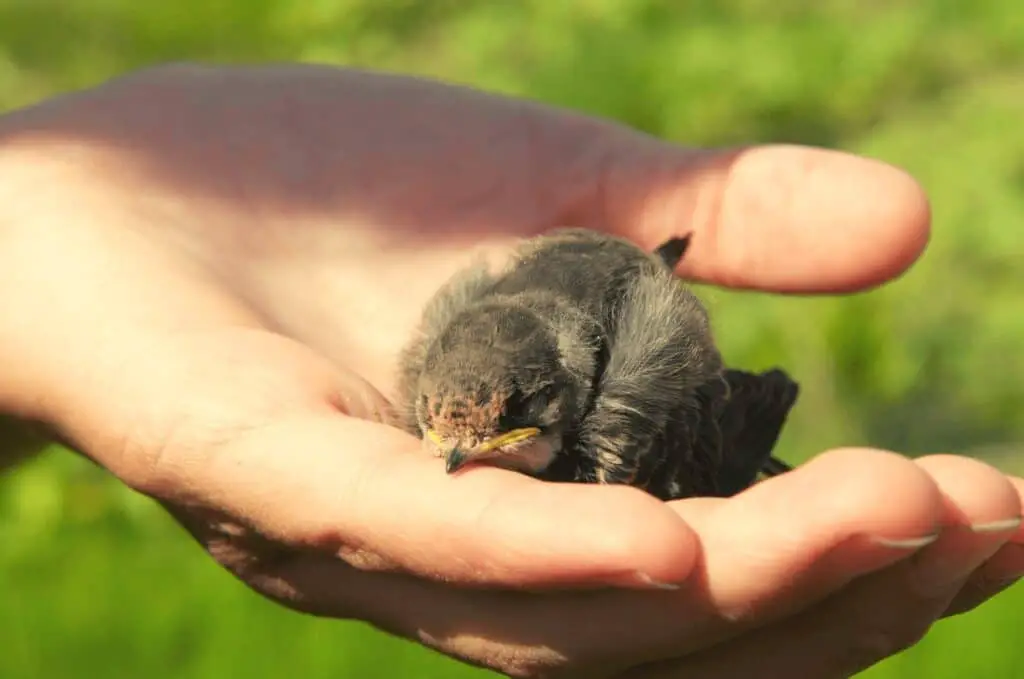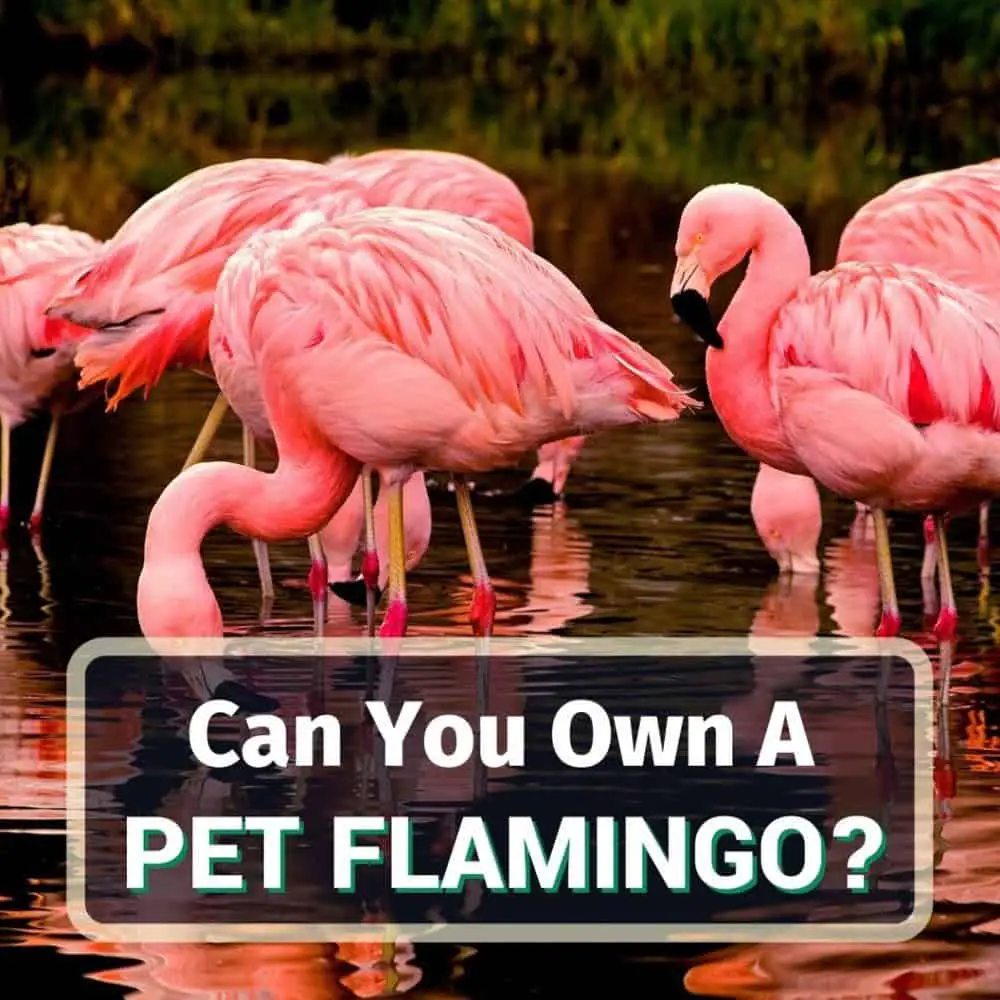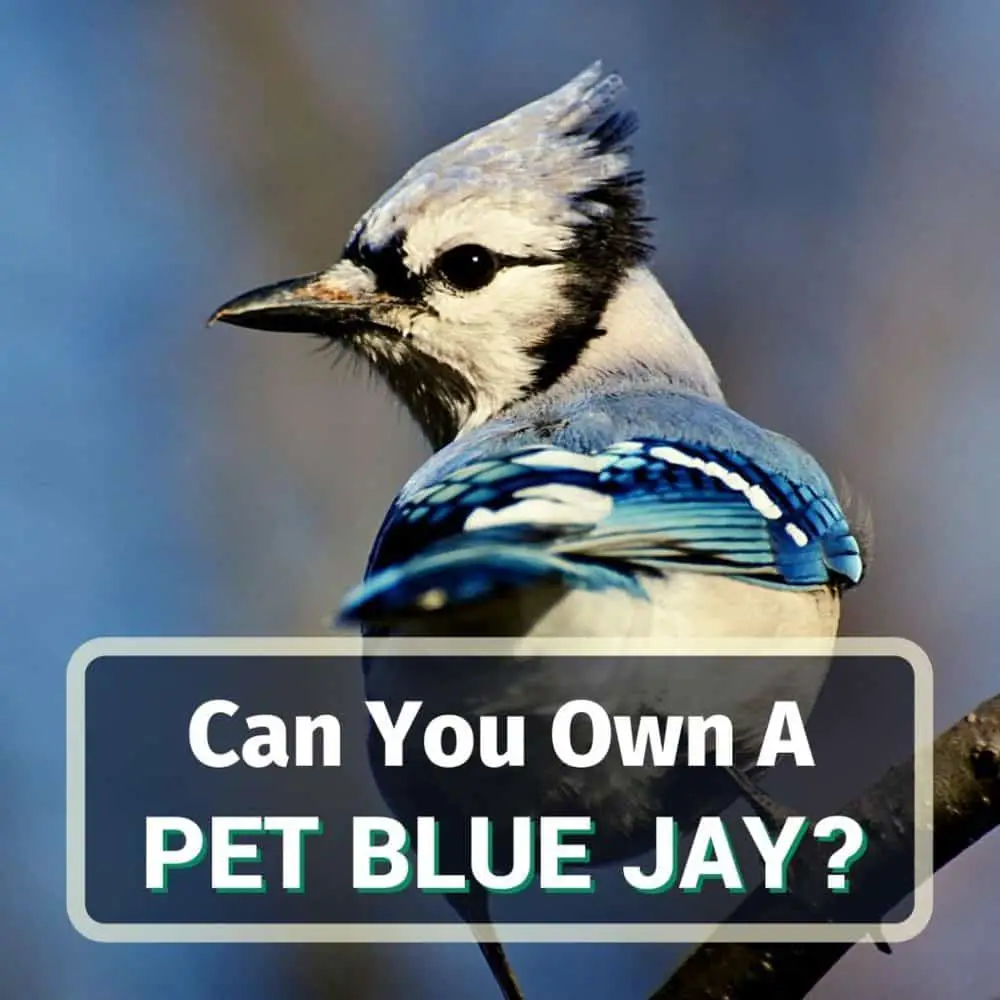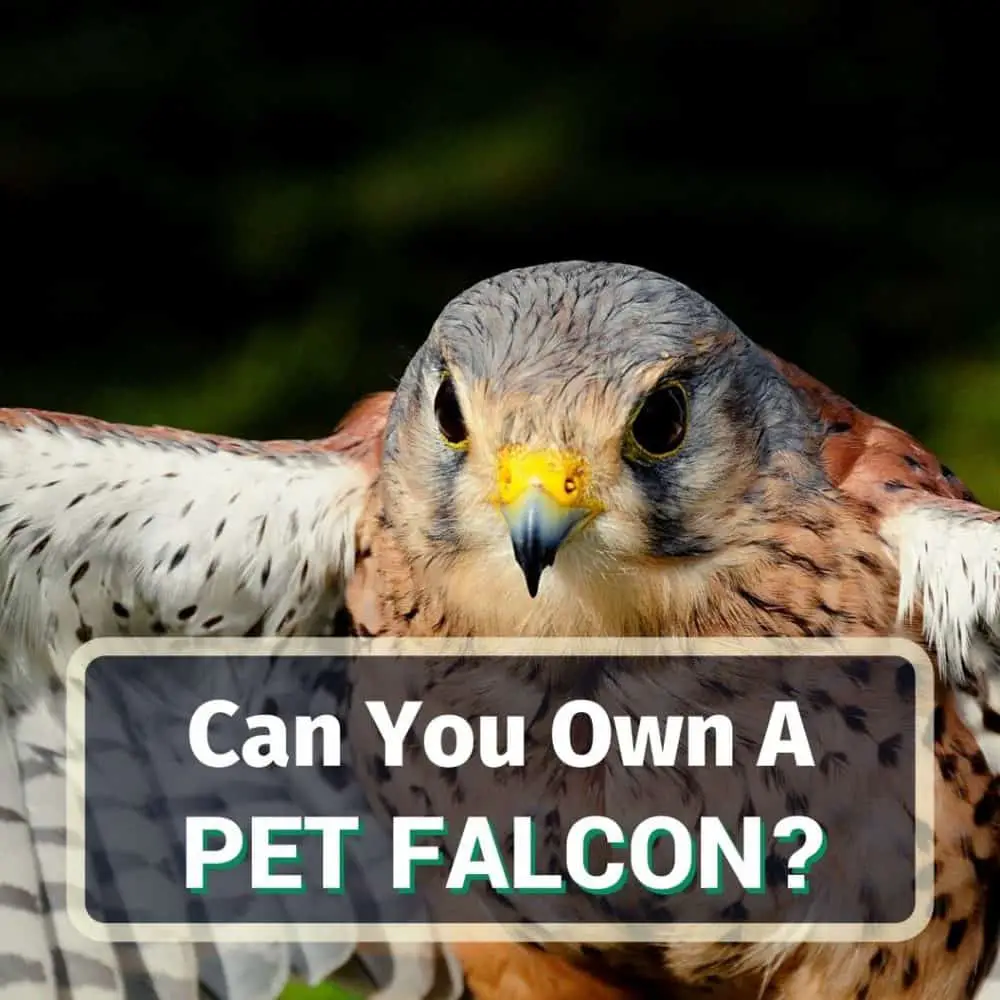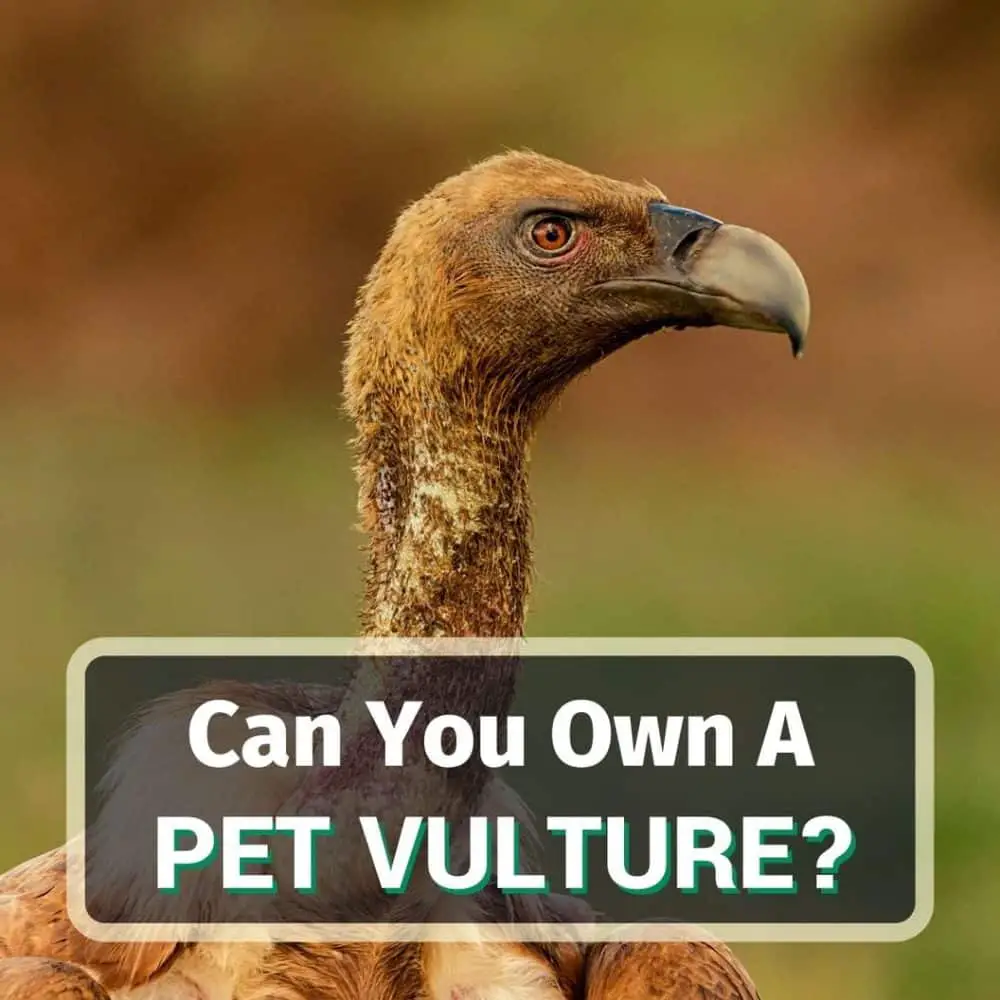Do swans make good pets? No, they don’t. Native bird species are protected by law under the Migratory Bird Treaty Act. Even if this law doesn’t apply to all swan species, there are a lot of other cons that you should consider. Keeping wild birds as pets is difficult, especially if they are this big.
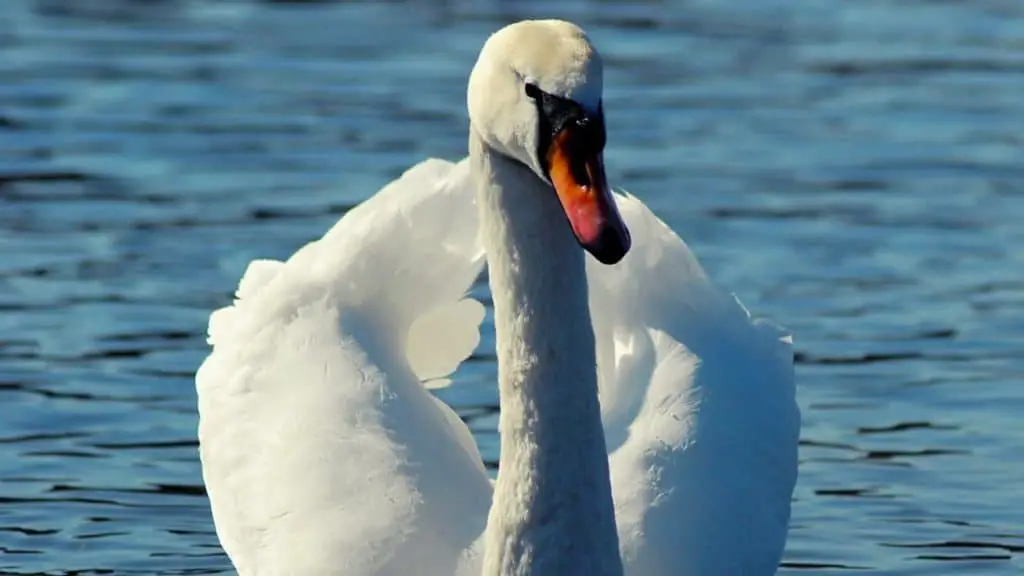
Is It Legal To Keep A Pet Swan?
Owning any wild bird, like an ostrich or flamingo requires a lot of research beforehand. Swans are no different, and it’s crucial to know the legalities of owning one. The last thing you want is to purchase a beautiful bird and get a fine for it, right?
So, is it legal to own a swan?
That depends on which species of swan you want.
Trumpeter swans are an endangered species. They’re illegal to own unless they come from a private breeder. If you purchase a Trumpeter swan, you’ll need to properly register it.
You can legally own a black swan without conditions, but this species of swan typically doesn’t do well in cold climates. If you live in a seasonal area, be sure to have proper shelter prepared.
Mute swans are invasive, so many states have laws restricting ownership or requiring all owners to hold a permit. In some states, it’s perfectly legal to kill a feral mute swan on-site, which could go poorly if you own a swan and it gets away from your yard.
Legality aside, there are several other reasons why owning a swan might not be in your (or the swan’s) best interest.
Swans Aren’t Domesticated
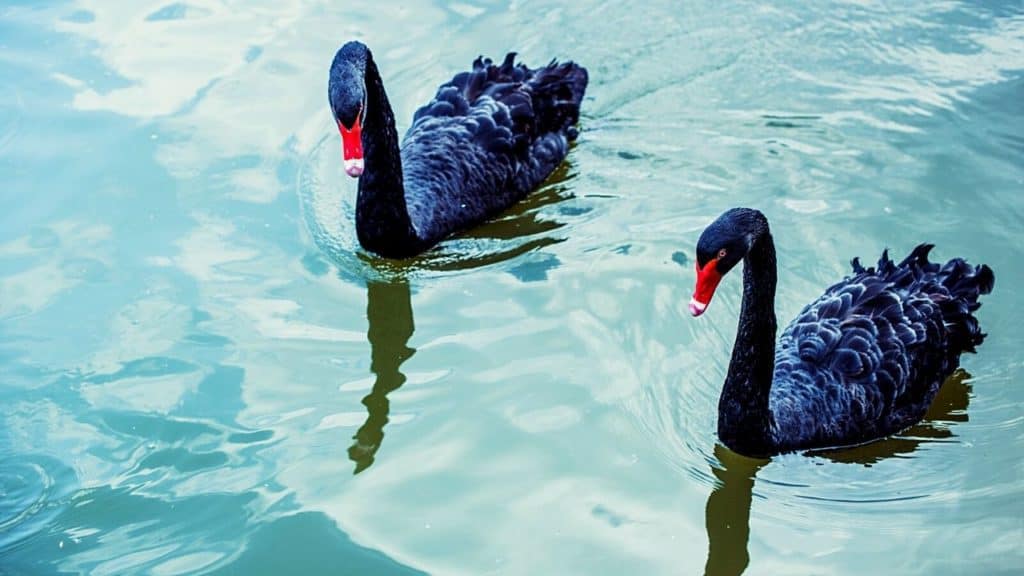
Swans don’t like being cooped up in pens or backyards. Their natural habitats are swamps, ponds, lakes, and areas that offer plenty of space to hatch and raise their babies. It’s essential for a swan’s well-being to have a habitat that’s best suited to their needs.
Although it’s possible to closely replicate a swan’s natural habitat, unless you plan to let your swans come and go as they please, you could risk harming their development. They need to be able to roam free and stretch their wings, hunt for their food and gain survival skills that they otherwise wouldn’t get in captivity.
Swans Can Be Aggressive
Some species of swans – especially the mute swan – can be very aggressive when defending their nests. Males, in particular, can get extremely aggressive once they’ve been paired and are forced to be away from their mate.
A swan’s size, combined with its aggressive defensiveness, has been fatal for humans in the past. Although it’s possible to raise and own a swan without issues, it’s also very likely your swan could turn on you, a family member, or a guest if they feel threatened.
Swans Are Messy
Like ducks, pheasants, turkeys, and chickens, a swan’s natural habitat is a messy place. There are no litter boxes or enclosures to contain excrement, eggs, and nests. If you want to own a swan, you’ll have to replicate its natural habitat as closely as possible.
Replicating a habitat means providing longer grass for nesting. You’ll also need to clean your yard regularly to keep any swan droppings from getting tracked through your home. If you have neighbors, the unsightliness of a swan’s backyard could be a bit off-putting. Depending on your municipality, you could get fined for not maintaining your yard as the city sees fit.
Swans Need a Lot of Space
To put it bluntly, swans aren’t small.
Average adult swans weigh upwards of 20-30 pounds. From bill to tail, you’re looking at an animal that’s 5 feet long and 4 feet tall that can fly.
To keep your pet swan as comfortable as possible, you’ll need a wide, open space with lots of water access. In addition to space, you’ll also need food. On average, a swan eats about 25% of its body weight in food each day, which means you’ll have to provide your swan with 4-6 pounds of food per day to keep them healthy.
Swans Live in Pairs
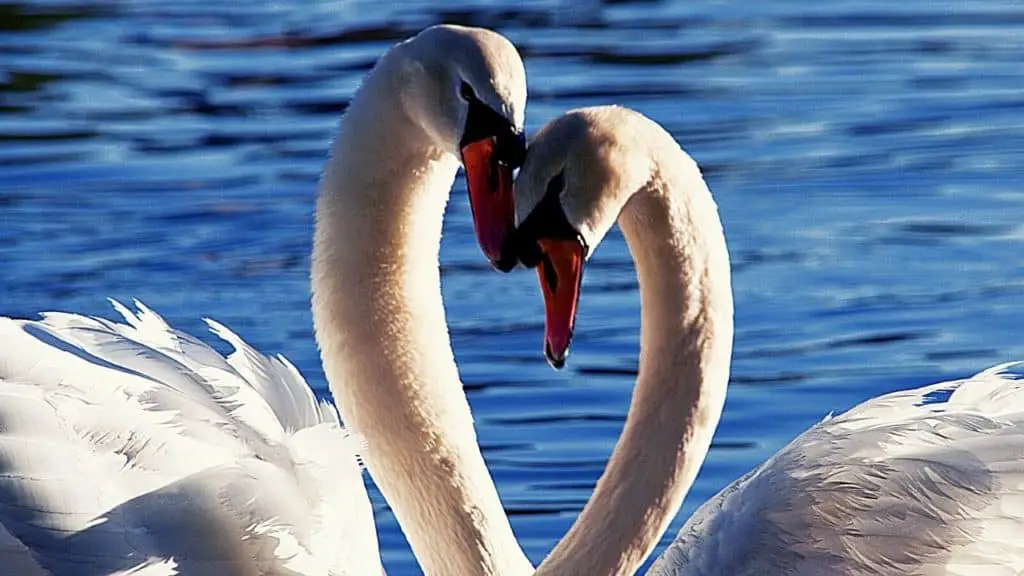
Swans are social creatures, and when they choose a mate, the pairing can last for years – or even the rest of their lives. Swans who have to live alone in captivity can become lonely, leading to aggression toward other animals. They’re also very protective creatures, which bodes well for survival in the wild, but can be problematic in captivity.
If you purchase a swan, the best way to give it a good home is by giving it a mate. However, what does that say for your wallet? You’ll need to keep twice as much feed on hand, but you’ll also need to prepare for a nest of cygnets in the future.
Eggs on your property raise two concerns. First, what will you do with the cygnets? You can sell, adopt, or keep them, each of which requires legwork.
The second concern is predators. Swans will attract predators, including foxes, wolves, and other large birds. However, the threat of predators increases when cygnets become a factor because snakes and other animals take a particular liking to eggs.
How Much Does A Swan Cost And Where To Buy It?
Still interested in buying a swan? Let’s break down how much it costs and where you can get a healthy and legal bird.
First, you’ll need to find a hatchery or breeder. The price of swans will vary, but be prepared to pay $1,500 or more for a single swan.
If you’ve been considering grabbing one from the nearby lake to save a bit of money, don’t – seriously, don’t.
Take time to research breeders and hatcheries before settling on one. Some charge more than others, but that doesn’t necessarily mean they’re better.
Finally, be sure in your choice to buy a swan. Swans are majestic creatures, and a cygnet that resembles a baby penguin in its furry cuteness is hard to resist. But majestic and cute animals have existed and thrived in the wild for eons. While we’ve domesticated many of them, it doesn’t mean we should take that route with all of them.
As an Alternative: How To Attrackt Swans?
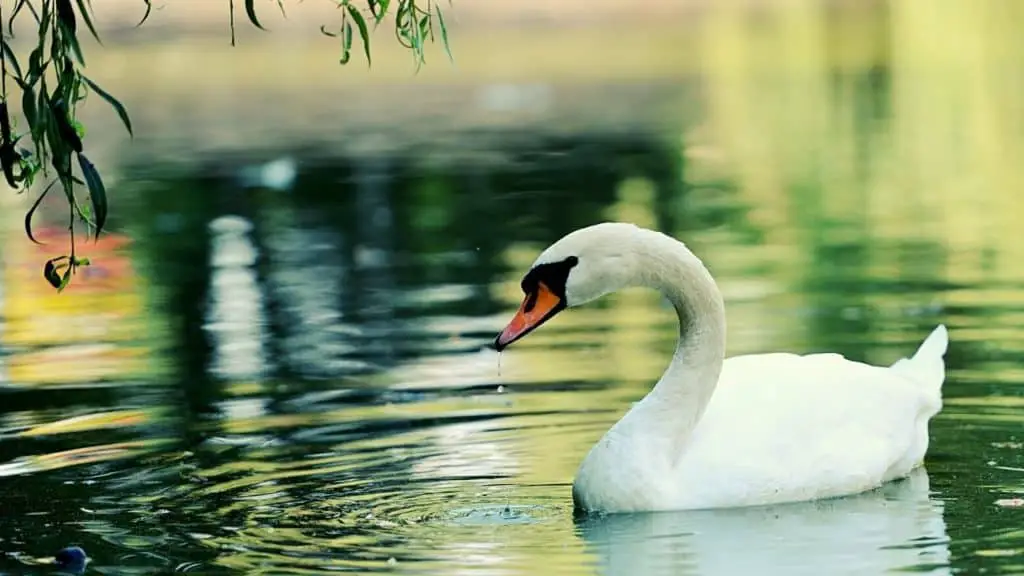
Not quite ready to squash your dreams of owning a swan yet? Or, maybe you’re just sick of the Canadian geese that have been flying about and want a pair of swans to keep them out? There’s a solution that wouldn’t require removing swans from the wild or adding a considerable hole to your wallet.
If you have a pond on your property, you could make it swan-friendly by adding some of their favorite plants, making sure the water is safe for them to swim, and building a swan island that serves as a nice resting place for a pair that comes to visit.
The benefit of this is that you won’t have to feed the swans or maintain a habitat in your backyard. Instead, you’ll simply share the space with swans who can come and go as they please. You won’t disrupt their way of life, but you’ll still get the benefit of seeing a lovely pair of swans each day.

